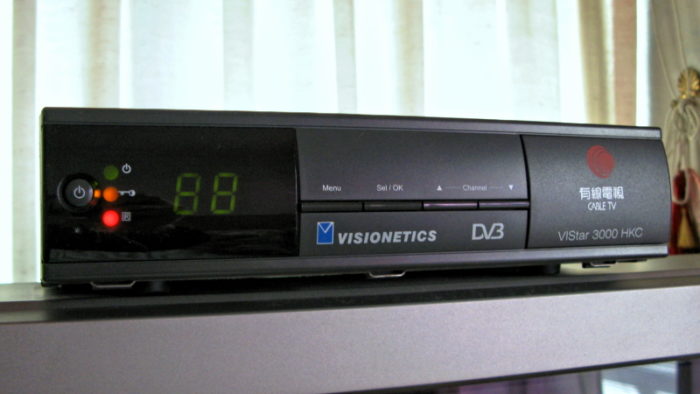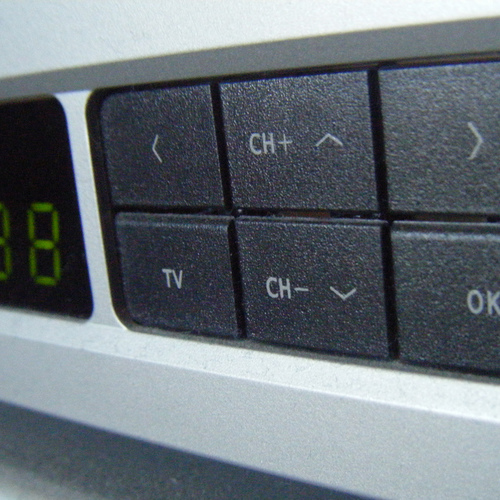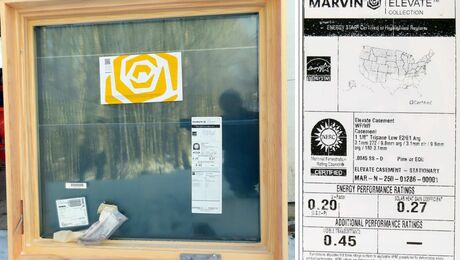
Image Credit: Wikimedia Commons
An agreement reached in California will save consumers an estimated $1 billion a year in energy costs by making television set-top boxes a lot more efficient, The Los Angeles Times reports.
The voluntary agreement announced on December 23 followed a year of talks between environmental advocates, government regulators, and the cable and satellite TV industry. The deal will reduce the amount of electricity used by the 230 million set-top boxes in the U.S. by as much as 45% by 2017, according to a blog written by Noah Horowitz of the Natural Resource Defense Council (NRDC) office in San Francisco.
That’s enough electricity to power 700,000 homes, the NRDC said.
A TV set-top box is an electronic device that captures a signal from a satellite or cable system, for example, and routes it to the television for display. It uses electricity even when the television is turned off, and it’s one of a number of common electrical devices that sap electrical energy without a homeowner’s knowledge.
“It’s extremely significant when household names like Comcast, Motorola, DirecTV, and AT&T all acknowledge that their TV set-top boxes are using billions of dollars’ worth of electricity each year,” Horowitz told the newspaper.
Until now, no incentives to make devices more efficient
In his blog, Horowitz writes that a 2011 study found set-top boxes collectively use at least $3 billion worth of electricity a year. The boxes are installed by pay-TV providers, who have had little incentive to pay attention to energy consumption, he says, because homeowners paid the power bills. But publicity generated by the study eventually helped get the talks started.
Horowitz’s blog contains a number of details about the agreement, including provisions on a “light sleep” function for DVRs and “energy use disclosures” that will help consumers find out how much energy the devices use.
“Today’s voluntary agreement is an important first step to reducing national set-top box energy use,” he writes. “We hope it will not only translate to near-term savings, but the next-generation boxes and their associated new features will be designed to be efficient from the start — and not erode much of the hard-earned energy savings that this agreement is designed to deliver.
Weekly Newsletter
Get building science and energy efficiency advice, plus special offers, in your inbox.












0 Comments
Log in or create an account to post a comment.
Sign up Log in